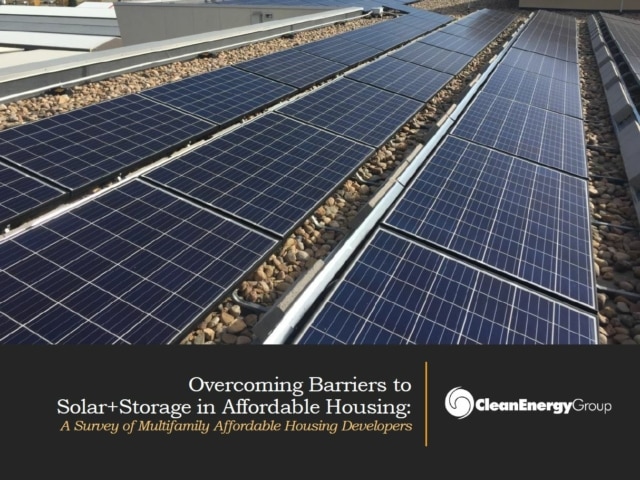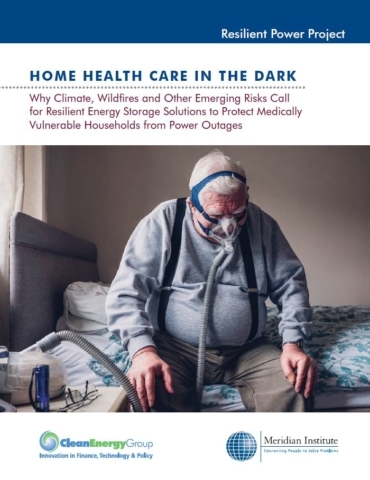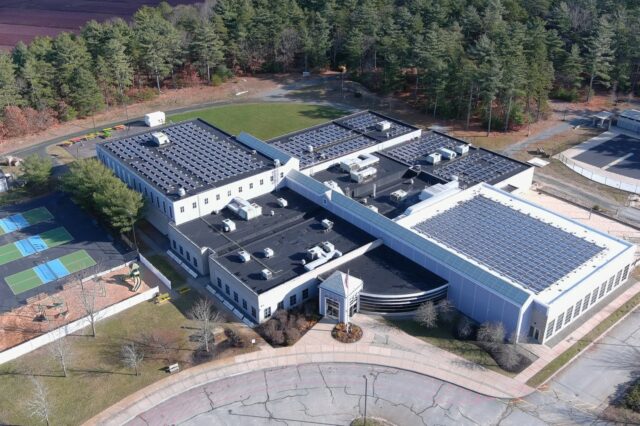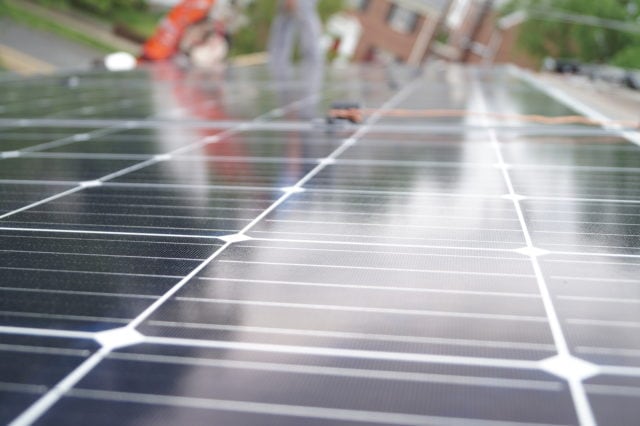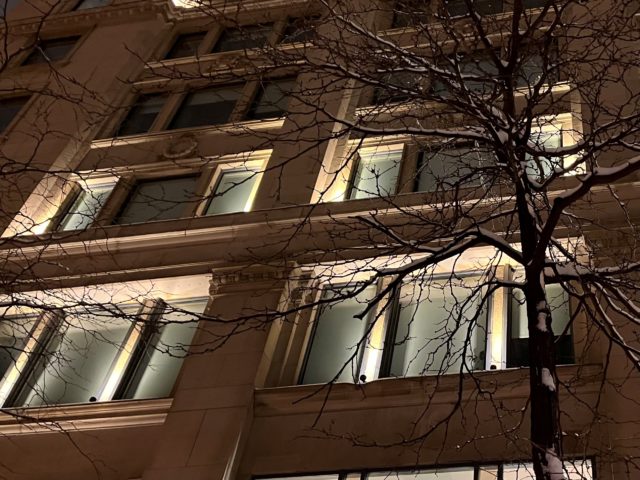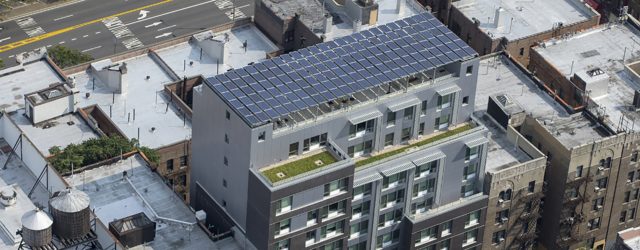Climate Resilient Energy Codes
Clean, reliable power for multifamily affordable housing residents.
Resilient energy technologies such as solar, battery storage, and efficient heating and cooling can allow residents to safely shelter in place during power outages and reduce energy costs throughout the year.
Climate resilient energy systems that keep essential services powered during emergencies can provide invaluable support to multifamily affordable housing residents, particularly for those reliant on medical devices or with limited mobility, while also reducing energy burdens and decreasing harmful emissions. The affordable housing sector faces unique challenges in implementing these systems, including technical, structural, and financial barriers. Building codes provide a distinct opportunity to codify best practices for innovative resilience solutions in multifamily affordable housing and other community-serving facilities, expanding access to climate resilient energy technologies for those most in need during times of crisis.
This project is made possible through a funding award from the US Department of Energy Office of Energy Efficiency & Renewable Energy (EERE). EERE’s mission is to accelerate the research, development, demonstration, and deployment of technologies and solutions to equitably transition America to a net-zero economy by no later than 2050. To learn more, visit energy.gov/eere.
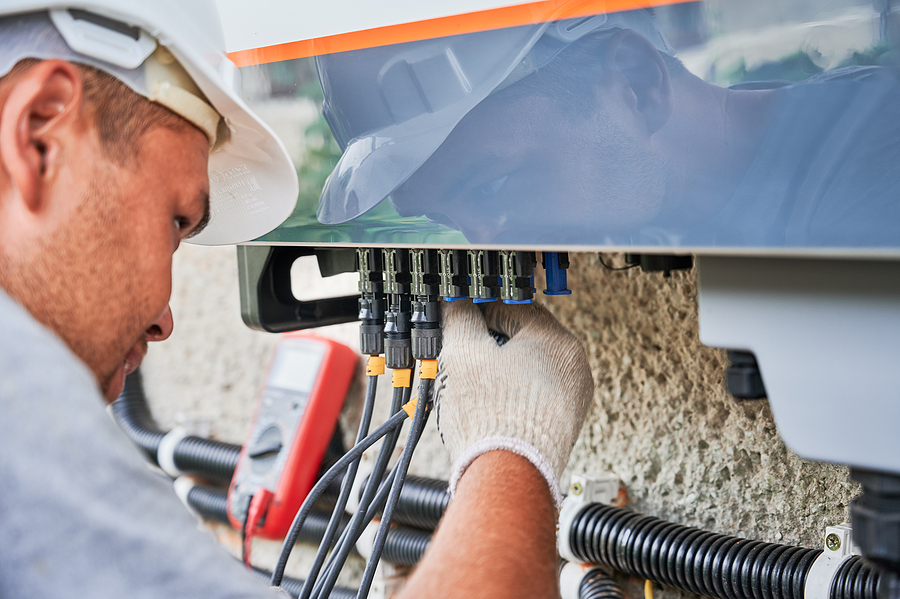
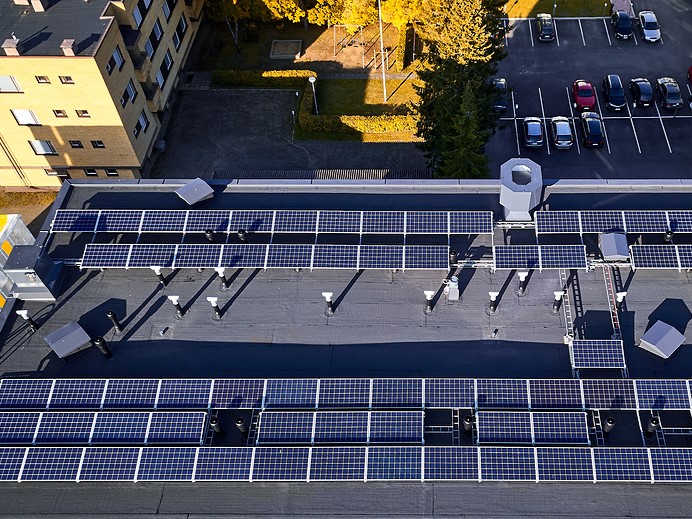
Who We Serve
Multifamily affordable housing properties serve some of the most climate vulnerable populations in the US, including elderly residents, veterans, and residents with serious health conditions, as well as lower-income households with limited access to the resources needed to respond and adapt to increasingly frequent severe weather conditions and power outages. For millions of medically vulnerable people across the country, even short-duration power disruptions can result in severe, and in some cases life-threatening, impacts. The project team will strive to ensure that the concerns and priorities of affordable housing residents are served throughout the work of this initiative.
Project Impact
Engage affordable housing residents and developers in a collaborative process to identify resilience concerns and priorities.
Develop a building code with standards and guidelines that address the energy resilience needs of the nearly 30,000 households in Connecticut receiving electric utility medical hardship protection.
Conduct energy, cost, and resilience impact analyses to assess the potential costs and benefits of a climate resilient energy code.
Establish a roadmap for multifamily affordable properties across the country to implement climate resilient energy systems.
Project Partners
Climate Resilient Energy Codes Webinars
Featured Publications
Blog
Meet Our Team
Photo Credits, top to bottom: Alpinist/Bigstock.com; anatoliy_gleb/Bigstock.com; Lev Karavanov/Bigstock.com












